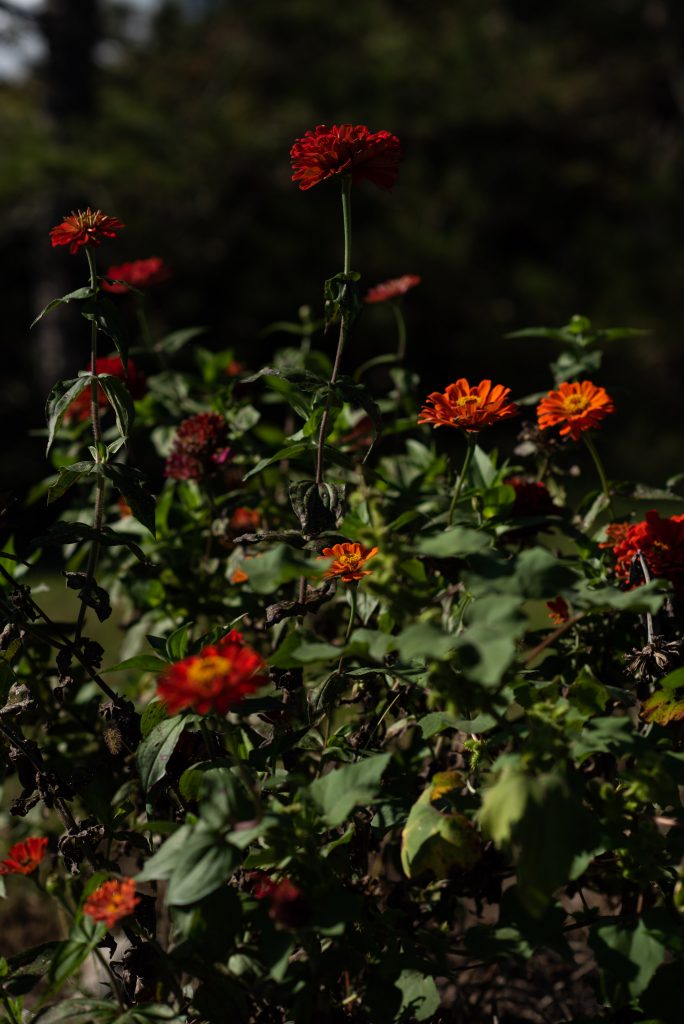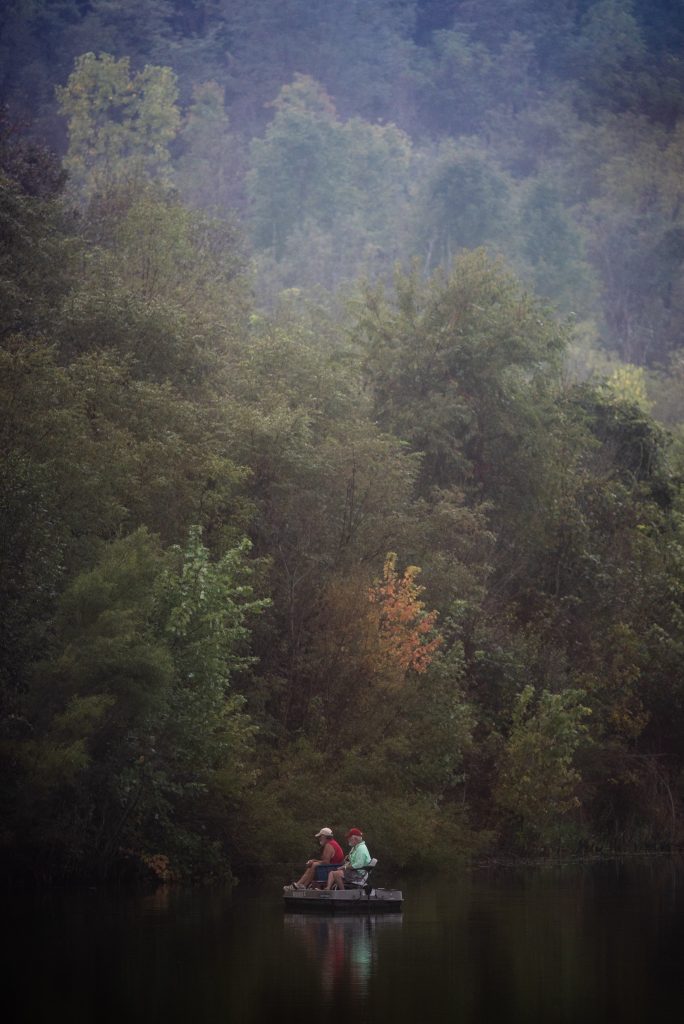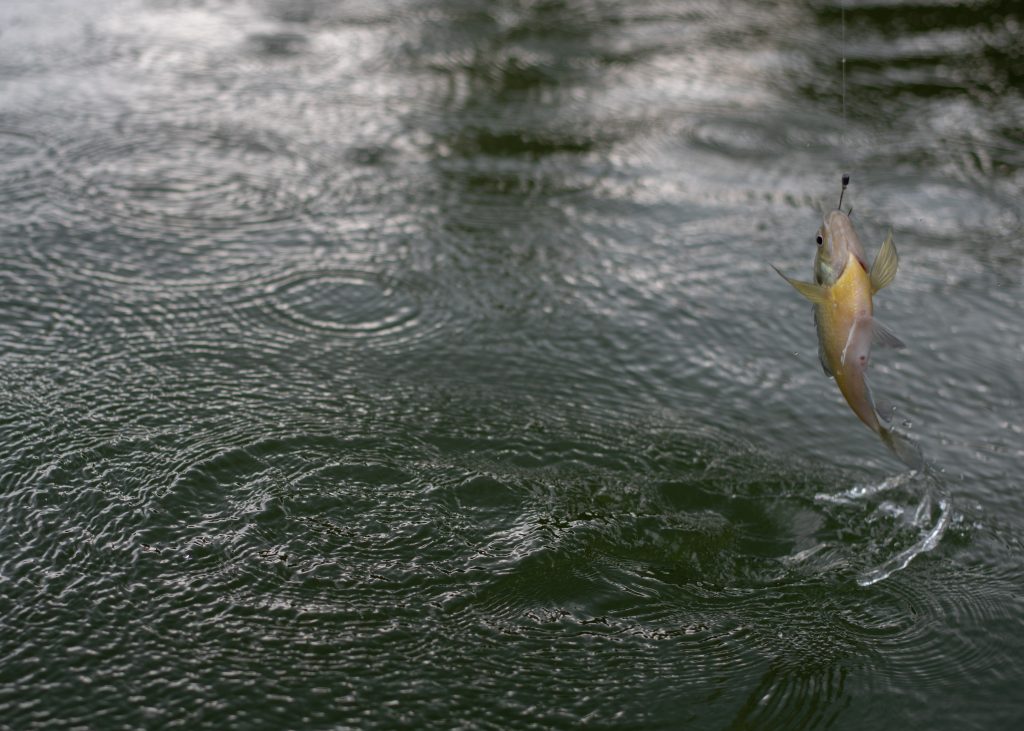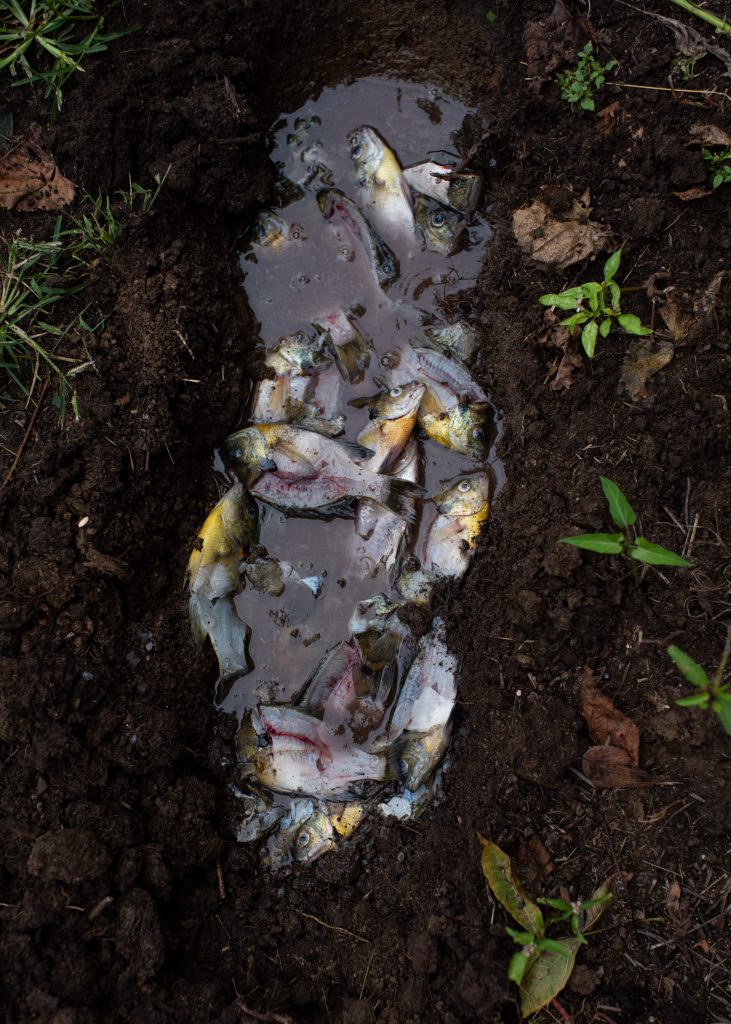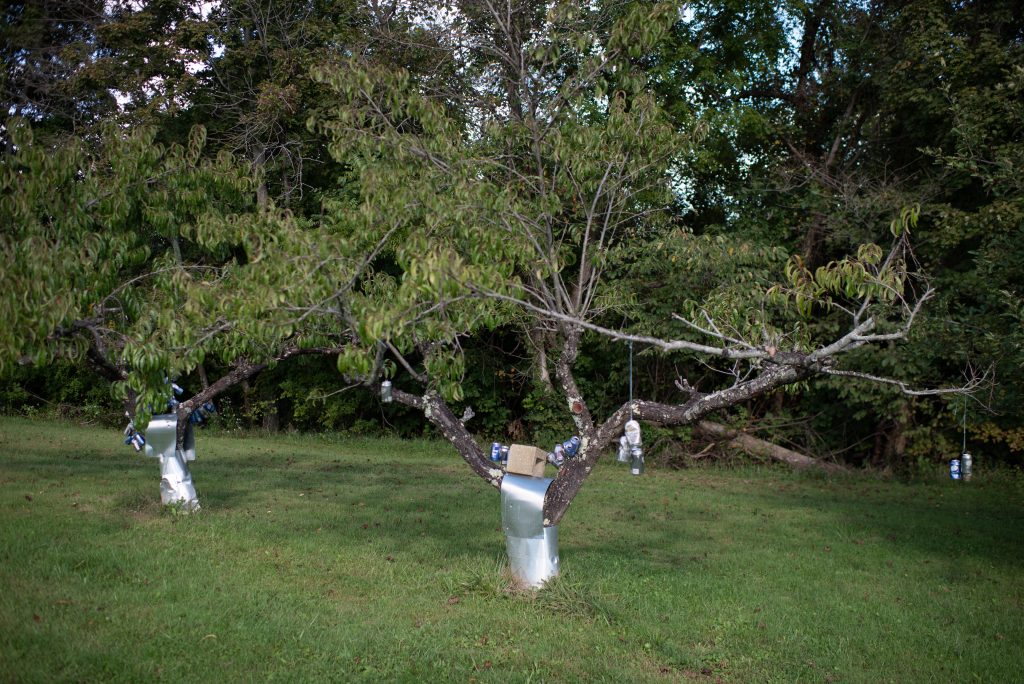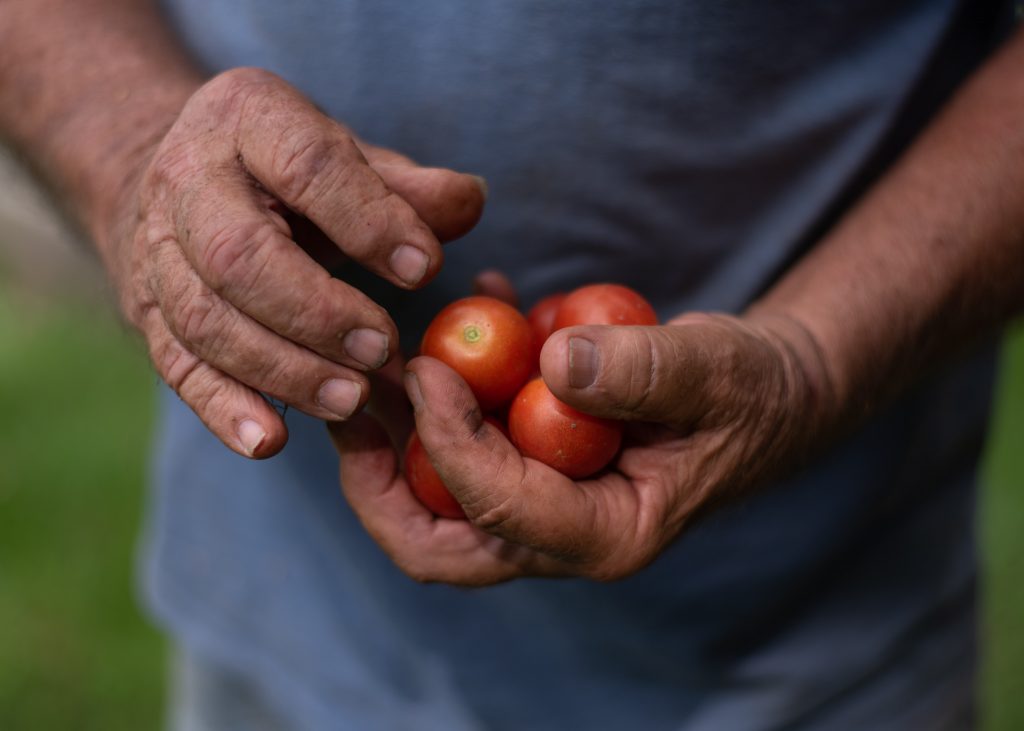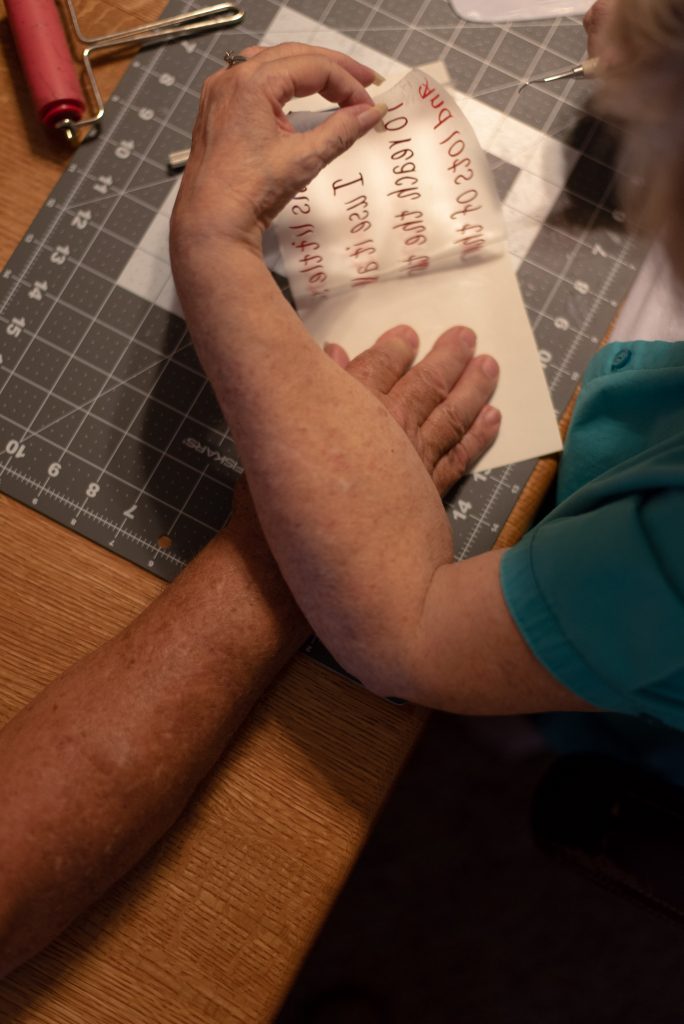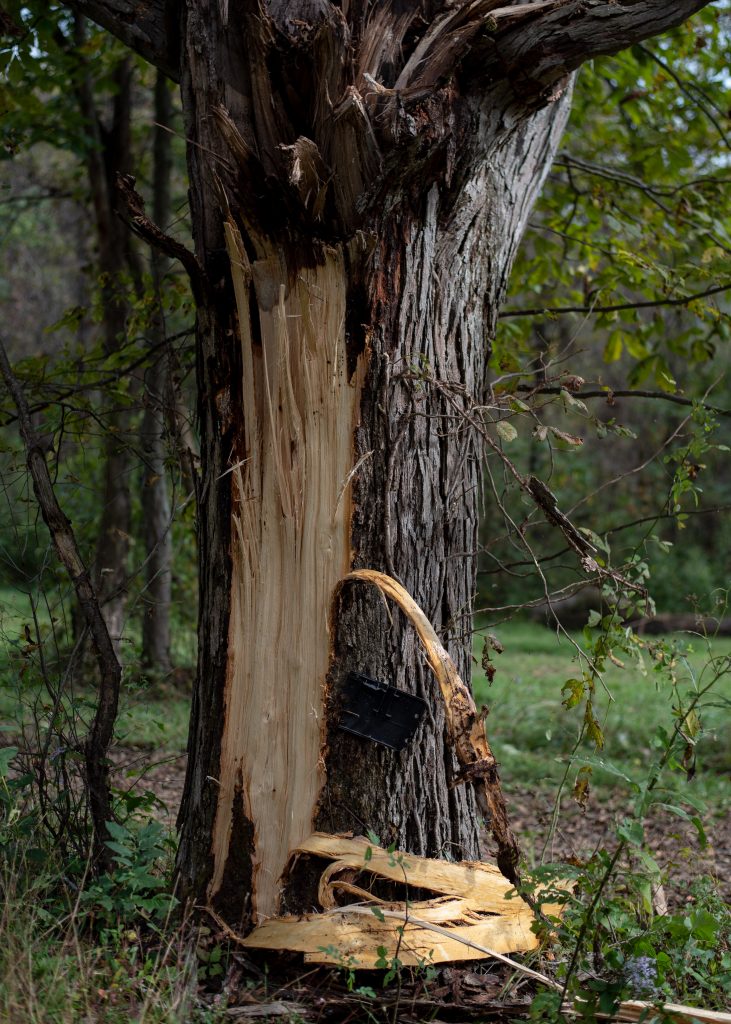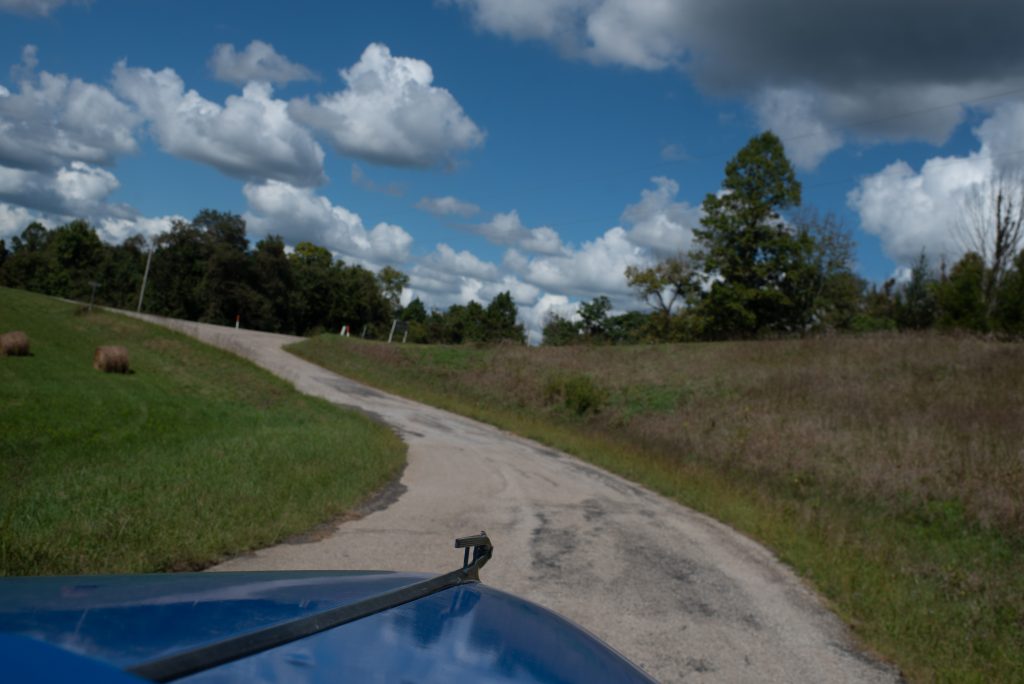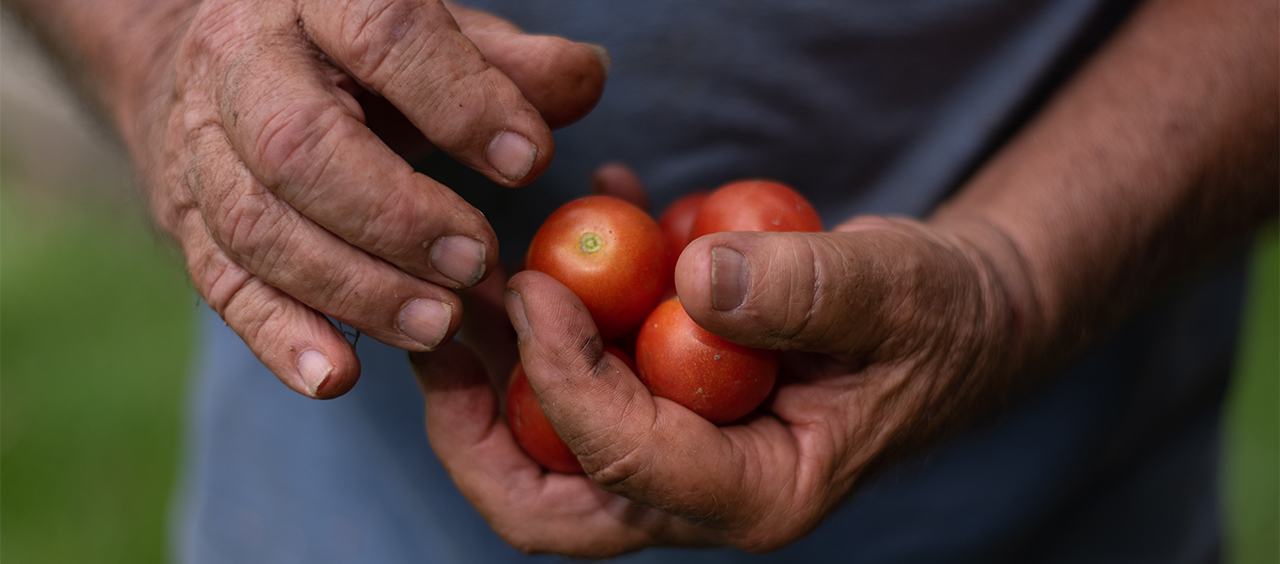
Rooted in the Hills
< < Back to rooted-in-the-hills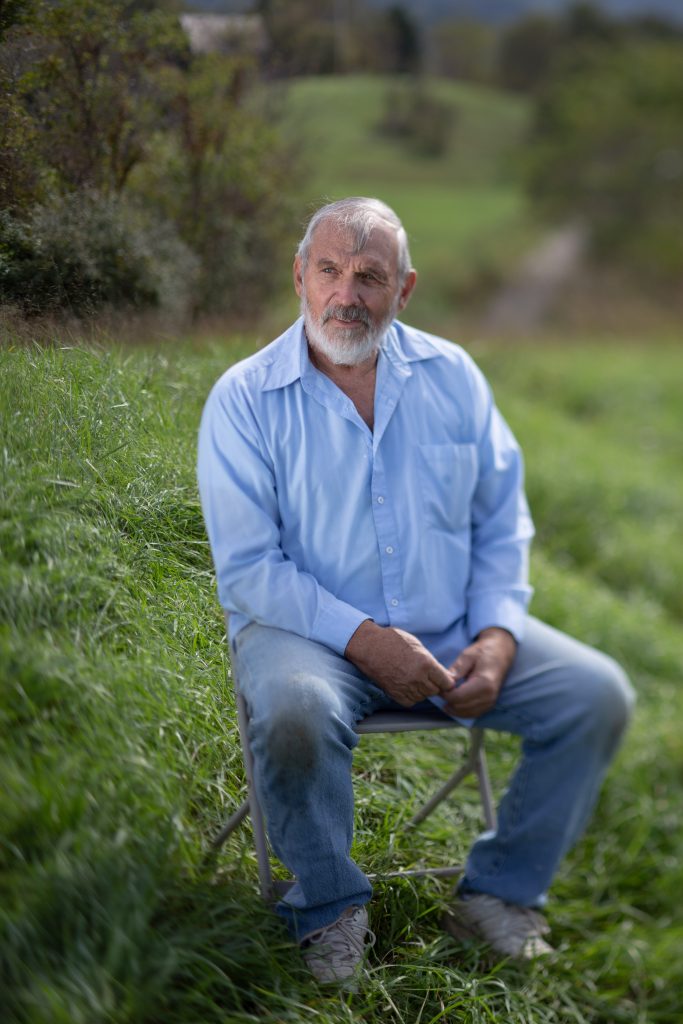
Photos and Story by Nicholas Oatley
Several miles up and down Mountville Road in Glouster, Ohio will bring you to the Smith household. “I wouldn’t sell that place and go live somewhere else … I drove 100 miles a day to work, that’s forty thousand miles a year … driving back and forth to work because i wouldn’t go move down there,” says John Smith. Smith lived all around the world while growing up but he has found home tucked away in the hills of Appalachia.
John Smith has and always will be an Appalachian man. Smith worked in the coal mines all his life and even though he’s retired, Smith is always finding something to occupy his time. Smith started auctioning produce at Chesterhill nine years ago when a friend asked if he could help out because someone didn’t renew their auctioneer’s license. 9 years later, he’s still being asked to come back every week. If Smith isn’t selling pumpkins and squash you might find him at Glouster’s American Legion on Bingo night where he is selling tickets. You might find him wading on his boat in the creek with his 80-year-old pal, Bill Foughty, fishing for blue gill. After 19 trips out fishing this year, Smith has caught nearly 800-900 blue gill. Check out in the garage out back and he might be carving a rocking chair or a whittling a welcome sign for his neighbor’s home. “We just like making things for people,” says Sharon Smith, John’s wife of 50 years this past June.
Everything that John does on a day to day basis has a meaning and a purpose. “All work in Appalachia must be based on the genuine needs as expressed by mountain people themselves. Whatever work is done must be done with the recognition that Appalachian culture is real and functioning,” said Loyal Jones in his book “Appalachian Values”. John Smith and his good buddy, Bill Foughty have been fishing together for the past several years. Both John and Bill are snowbirds, so they live up in Ohio for the summer and then they will go down to Florida where they can fish in the winter. Through summer though, John and Bill go a couple times a week. Foughty has been keeping count of the amount of fishes he has skinned, and he’s up to around 24,000. While out on the lake you can hear Foughty’s counter going off for every fish caught. The area they fish in only allows them to take a certain fish depending on what lake or pond they’re in. The fish doesn’t go straight from the lake to the dinner table though. Smith utilizes a Native American tradition which was to pour the bones and carcasses into your garden to yield better crops. John says he’s never had tomatoes and asparagus so big until he started trying that out. John and Bill also give fish to friends, family, neighbors and doctors. John and Bill have found a very special spot in Ohio for fishing that allows them to get away from everything but also serve dinner at the same times. That’s like catching two fish with one worm.
John and his wife Sharon have a dog named Bandit who is both blind and deaf. Together they have two daughters, one of which has a son, and lives close by. They have a beautiful home that John built when he married Sharon. Sharon’s father owned a couple hundred acres of the land they sit on now and they bought a portion of it so they didn’t have too much too maintain. 50 years later the house is still standing and even stronger is the relationship John and Sharon share. “Hey buddy,” says John as he walks inside from cleaning fish. John first met Sharon when she drove down to his place to have her dad ride to work with his step dad. “Vrooom! When she brought that car up the road there I didn’t know if we was gonna make it or not!,” says John. “I took her out to eat or something … we went to the movies a couple of times time… I been with her ever since.”
The Appalachian community is one that is reliant on a neighbor who will be there for you when you need it. “We mountaineers are levelers, and we believe we are as good as anybody else, but no better. We believe that we should not put on airs, not boast, nor try to get above our raising,” states Loyal Jones in “Appalachian Values”. Appalachian people live off of the land around them and take care with each step they take. Our rural communities have become almost reliant on themselves to step up and make a difference in their own lives.
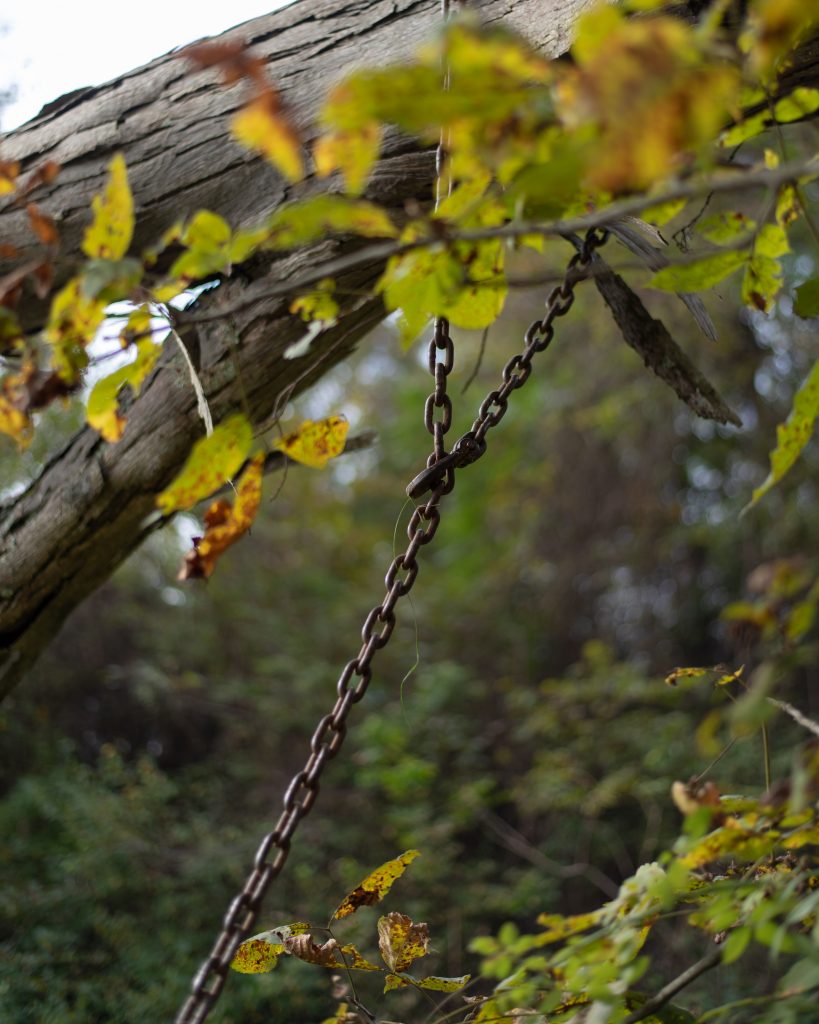
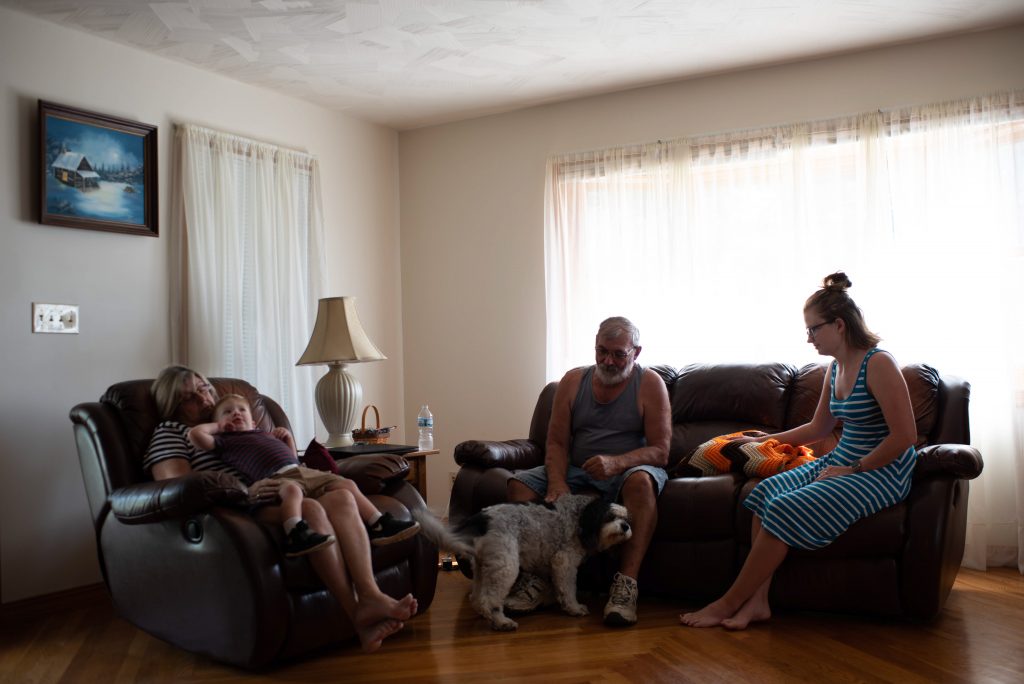
6
